Advanced Leadership Training Program (ALTP)
ALTP
ALTP is rooted in the values of Collaboration, Self-reflection, Justice & Belonging, and the belief that Leadership is Behavior. These values underpin every aspect of the program, and are the roots from which all other program elements stem. We support leaders to develop and deepen their knowledge, skills, and practice to courageously lead in increasingly complex and dynamic contexts.
RIHEL’s year-long signature program is designed for mid-career public health, health, and environment professionals in the Rocky Mountain region.
Knowledge & Skills
ALTP builds the capacity of individual participants and creates an interdisciplinary network of leaders dedicated to the public and environmental health of our region. Annually, ALTP matriculates some 45 health and environment professionals from throughout the Rocky Mountain region and beyond through a competitive application process. With over 1,000 graduates, ALTP alumni are now leading health and environmental organizations throughout the US.
Why I Applied to ALTP
Maddie Philley, graduate of the Advanced Leadership Training Program (ALTP), talks about why she applied and what she got out of the program.
What You Can Get Out of ALTP
Djuana Harvell, graduate of the Advanced Leadership Training Program (ALTP), talks about what she would tell someone who is thinking about applying to the program.
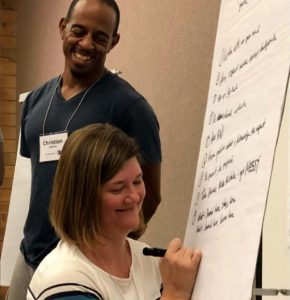
Key Program Elements
- A 10-month program – includes three 3-day/2-night events held at various locations in Colorado and one 2-day Metro Denver event.
- Participants complete multiple assessments, including a 360-degree assessment of personal leadership practices
- Participants receive a peer coach to work with during the program
- Participants have the opportunity to initiate team or individual creative projects as living laboratories in which to practice collaborative leadership skills
Topics studied and practiced include
- Exemplary Leadership Practices
- Collaboration and Teamwork
- Emotional Intelligence
- Justice and Belonging
- Coaching
- Intentional Action for Leadership Development
- Systems Thinking
- Team and Change Management
- Self-reflection and Self-awareness
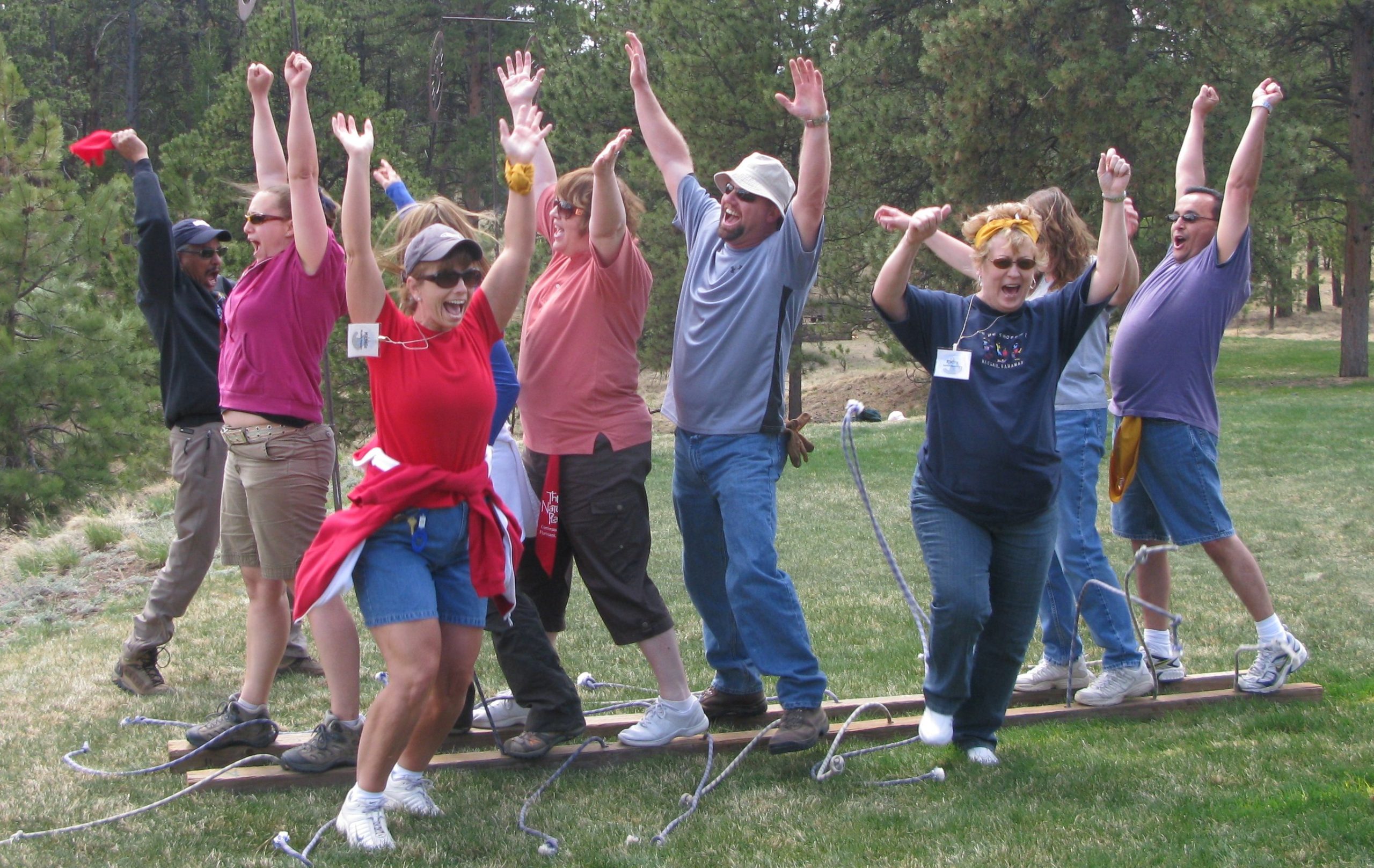
We are currently postponing the start of the ALTP Class of 2026. Like many organizations, we’re navigating a challenging economic and political landscape in combination with a smaller-than-usual applicant pool. This has prompted us to pause and reflect on the timing, structure, and sustainability of the program. We anticipate having more information in the late summer/early fall.
UPDATE 10/2025: The program remains paused as we continue our research into its timing and structure.
Please click the button below to be notified when future updates are available.
The Advanced Leadership Training Program runs over the course of approximately 10 months (August-May), and includes three 3-day/2-night events typically held at various locations in Colorado and one 2-day event in Metro Denver. The program year officially begins with readings and assignments that are sent to the participants to complete prior to program orientation, and the fourth in-person event marks the end of that year’s program.
Class of 2026 Session Dates:
NOTE: We are currently postponing the start of the ALTP Class of 2026. Please click the button below to receive notifications about program updates.
Update 10/2025: The program remains paused as we continue our research into its timing and structure.
August 13-15, 2025, Denver Metro AreaOctober 22-24, 2025, Estes Park, COFebruary 5-6, 2026, Denver Metro AreaMay 6-8, 2026, Breckenridge, CO.
Time Commitment.
Participants are expected to commit the time required to complete all assignments and participate in all program sessions.
- Assignments between sessions include readings, online videos, self-assessments, on-line discussions, and leadership project development and implementation.
- Between the second and final program session, participants hold monthly coaching conversations with their assigned RIHEL Peer Coach (alumni from RIHEL leadership programs) to support their development in the program.
Employer Support. Participants are required to have the active and demonstrable support of their employers for this time commitment in the form of time-off from work to participate in the on-site events. (Many employers will also support the program tuition and associated expenses of the participants.) The application requires a supervisor endorsement as part of the submission.
COVID-19 Vaccination. For the health and safety of all involved in ALTP when we meet in person, RIHEL asks that each participant, faculty and staff has received all COVID-19 vaccine doses in the primary series and is up to date with their available boosters as recommended and described here, by the CDC.
- January 2025, Application Process Opens
- April 25, 2025, Application Due Date
- June 2, 2025 or sooner, Notification regarding application outcome
- June 30, 2025, Acceptance paperwork and tuition payment due (payment plans are available)
Tuition for the ALTP 2025-2026 cohort is $6,495.
This covers:
- program instruction
- individual peer coaching
- program materials and assessments
- Single-room lodging is included for any locations outside of metro Denver. *Participants who live greater than 75 miles away from the metro Denver event venues will have lodging covered.
- most meals (approximately three meals during the in-person sessions are on your own)
Transportation expenses to and from the events are the responsibility of the participant, and employers are encouraged to reimburse these costs. The tuition is payable upon acceptance into the program and due by June 30, 2025. Arrangements can be made for an individual payment schedule, if necessary. All tuition payments are non-refundable.
*Tuition rate is subject to change in future years.
A limited number of specialized scholarships may be available from year to year. These scholarships are competitive and recipients are typically selected by the awarding organization. Current available scholarships are listed here:
Health Promotion and Chronic Disease Prevention Branch (HPCDP) in the Prevention Services Division (PSD)in the Colorado Department of Public Health and Environment (CDPHE)
We are committed to supporting and developing public health leaders. By providing a limited number of scholarships towards the Advanced Leadership Training Program tuition (ALTP) we are removing or reducing a financial barrier.
Must be employed by a Colorado-based organization: state or local public health agency, non-for profit community-based or healthcare organization that is dedicated to public health. Must successfully complete the ALTP application process.
Priority considerations will be given to applicants who work in organizations serving underrepresented communities, rural or frontier organizations.
Link to Scholarship information and application.
Colorado Environmental Health Association (CEHA)
Historically, CEHA has offered scholarship support for the ALTP. Only CEHA members are eligible to apply for this scholarship.
If you have questions, please use the form at the bottom of this page to contact the ALTP Program Manager directly.
Curriculum
ALTP includes the five elements found in the most effective leadership development programs.
A conceptual model is a theory that forms the framework for learning, in this case for learning about leadership. The ALTP uses two conceptual models of leadership:
- Leadership is Behavior. Leadership is behavior, not a personality trait or a position on an organizational chart. RIHEL uses Kouzes and Posner’s behavioral model of leadership, which comprises the Five Practices of Exemplary Leadership: Model the way, Inspire a shared vision, Challenge the process, Enable others to act, and Encourage the heart.
- Collaborative Leadership. Collaboration is the most effective known approach to solving complex problems. Leaders understand the importance of collaboration, communication, and networking with interdisciplinary professionals to address today’s complex health and environment challenges.
ALTP participants have various opportunities to apply the skills they are learning in the program. This includes the option to plan and implement a project as a learning laboratory for the leadership skills they wish to try out, practice or refine. The projects require passion and creativity, bring value to the community or workplace, highlight collaboration, and encourage the participants to think through sustainability after the project is completed. See examples of past projects.
Leaders are often asked for advice: Good leaders know when to give information or advice and when to be a “strategic thinking partner” to uncover the wisdom inside their colleagues and teams. This is known as coaching. The ALTP develops coaching skills to allow participants to tap into their own wisdom and solutions and to practice coaching others. Participants are also paired with a RIHEL peer coach (a RIHEL leadership program alumnus) for regular coaching conversations during the ALTP.
ALTP participants take the Leadership Practices Inventory (LPI) to provide quantitative information about the frequency with which they exhibit specific leadership behaviors. While all assessments have limitations, the LPI-360 has been extensively studied and validated, and corresponds to Kouzes and Posner’s Five Practices of Exemplary Leadership conceptual model used in the ALTP. Participants debrief their LPI reports, and plan actions to help increase the practices they want to magnify. Throughout the program, participants complete additional assessments to help provide a well-rounded assessment of their traits and behaviors that influence their leadership presence.
Reflection is the hallmark of an intentional leader. Therefore, ample opportunites are infused throughout the program to support participants’ development of self-awareness and self-reflection. ALTP faculty model reflection in the delivery of the program, as well as facilitate individual and group reflection during and between training events.

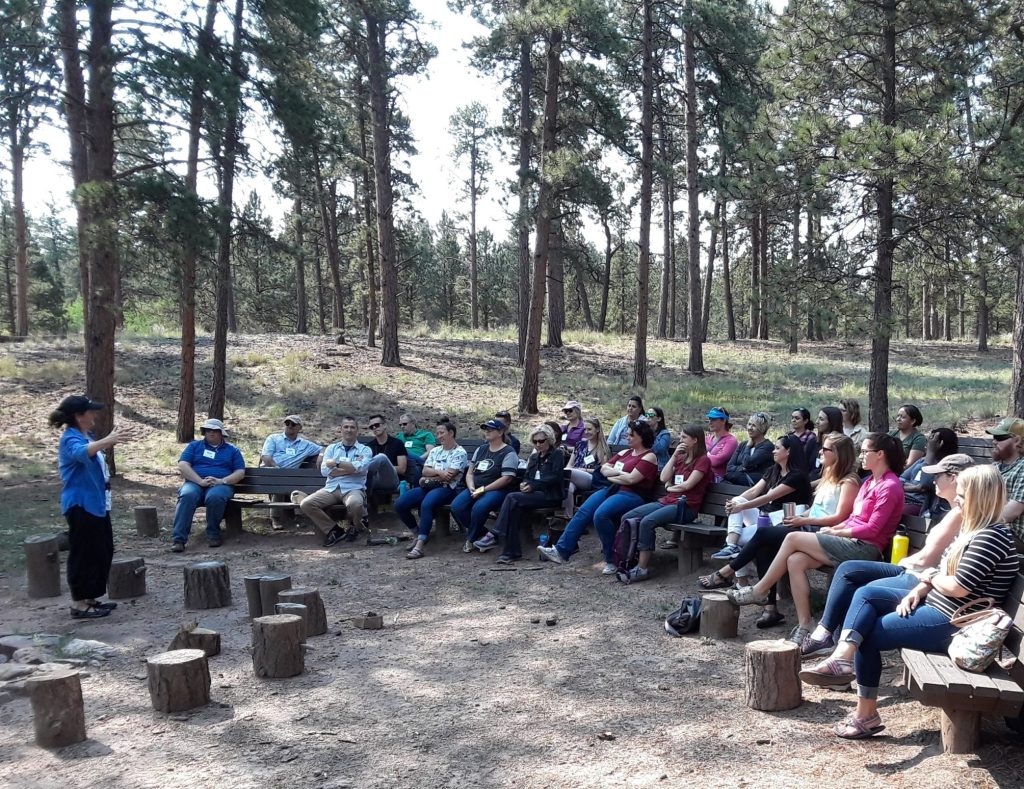
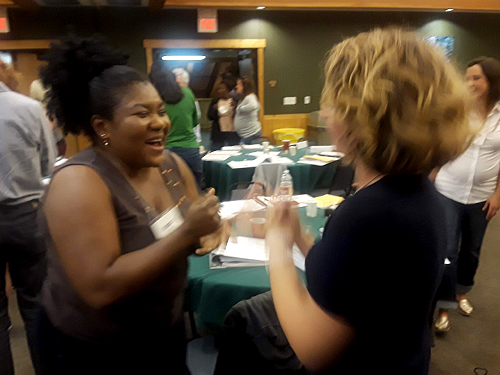
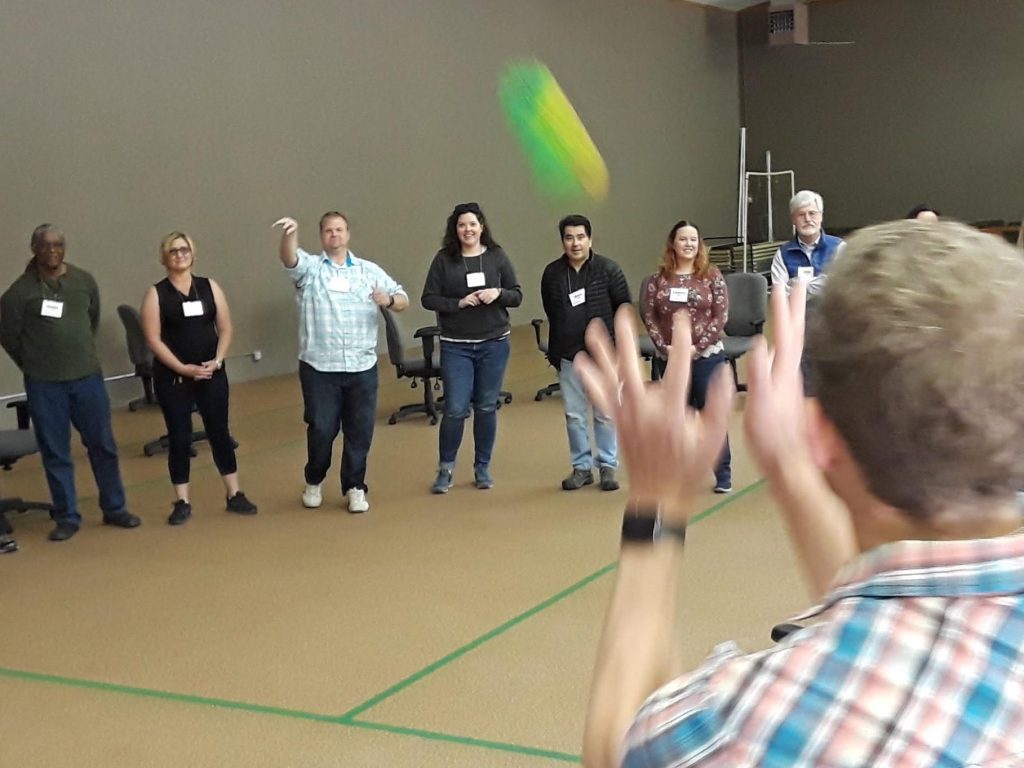
Proven Results
The doctoral dissertation of Linda Olson (Olson, Linda. Leadership Development for Public Health and Environment, unpublished dissertation, University of Denver, 2005) examines the leadership changes in 67 graduates for four years (1999-2002) of the Advanced Leadership Development Program. Olson’s dissertation concluded: “RIHEL as a training intervention can be credited significantly with the changes in leadership practices of alumni … . It gave them self-awareness, a leadership framework, and skills to improve in multiple leadership opportunities. … Leadership training had a positive impact overall in the RIHEL alumni leaders’ development.” (pages 200-201)
Please see the publication of these research findings in the Journal of Public Health Management and Practice.
Please see the summary of Dr. Olson’s research or her complete dissertation for more details.
Program Participants
The ALTP is designed for middle and upper level professionals from the public, private, for-profit and non-profit sectors, who work in the areas of health and environment, or whose work impacts health or the environment.
ALTP seeks participants from local and state health departments, environmental agencies, community-based organizations, boards of health, health care organizations, hospitals, and for-profit companies with impacts or interests in health or environment who are committed to leading their organizations toward better equitable health and environmental outcomes, including the energy, construction and finance industries and more.
Participants from previous programs represent a wide variety of companies, agencies, organizations and institutions. See the list of employers here.
The ALTP Experience
Participants in the RIHEL Advanced Leadership Training Program share about their experience in the program and the value that it provides.
ALTP Faculty & Staff

Chrissy Chard, PhD
Director, Advanced Leadership Training Program, RIHEL
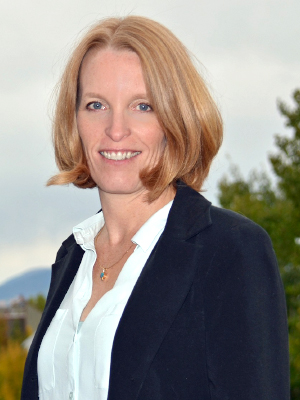
Leanne Jeffers, MPH, PCC
ALTP Core Faculty
Director of Coaching Services, RIHEL

Franco Marini, MA, CNL

Nicole Tuitt, DrPH, MPH
ALTP Core Faculty
Assistant Professor, Centers for American Indian and Alaska Native Health, Department of Community and Behavioral Health, Colorado School of Public Health
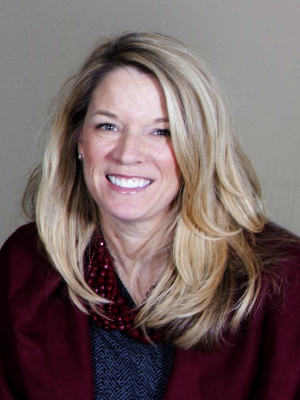
Janna West Kowalski, MS
Questions Regarding ALTP or the application process?
Please contact Connie Sorell, Program Manager, through the form below.
